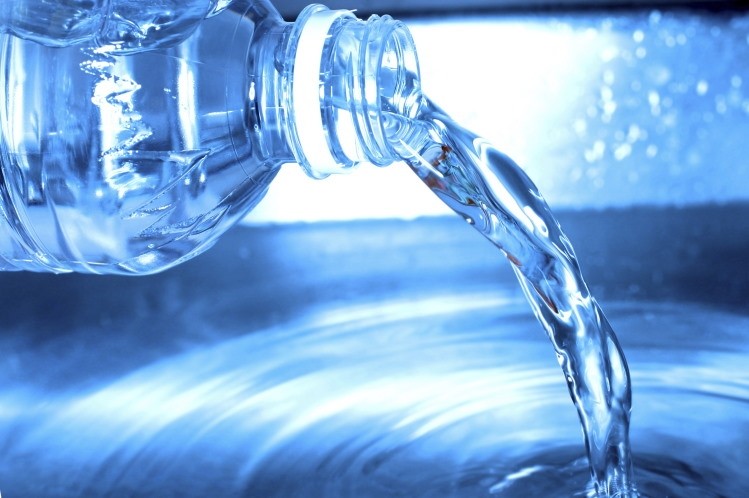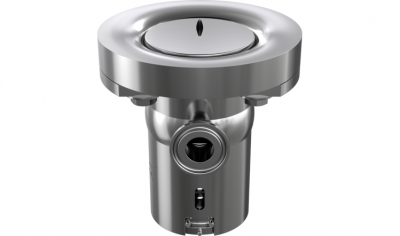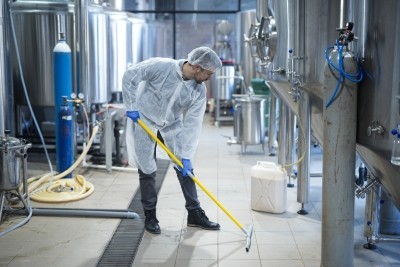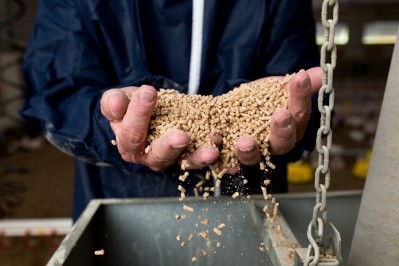Managing water usage at Suntory

Speaking to Food Manufacture on World Water Week 2021, Michelle Norman outlined four essential steps need by food and drink man8ufacturers to manage water usage on production lines.
“Setting clear targets is absolutely essential – we work collectively towards a long-term goal and we have clear and measureable KPIs,” said Norman.
“Understanding the natural cycle of water in the manufacturing site’s local area and how water is being used within the production site and on the lines is really essential in keeping to those targets.
The second key step was to be accurate in your measurement – monthly reporting using the right technologies, such as water flow meters for accurate measurement.
Sustainability lens
“Thirdly, look at all projects with a sustainability lens. For example, last year we launched a new high-speed filling line and we looked at what is the best technology to reduce our energy and our water use?” Norman added. “That filling line now uses 40% less water and that represented a 4% reduction of water consumption across the site as a whole.”
Finally, Norman advised manufacturers to communicate sustainability achievements within the company and to foster an environment where staff also care about being more sustainable.
“All of our employees know that we're working towards a common goal of using less natural resources. So when we do have a positive environmental story we take pride, we share it,” Norman explained. “We also encourage all our teams to take sustainability courses online so they can also the impact that they make.
“That is key for any organization, no matter how small or big you are. If all your employees know what your common goal is and feel invested in the sustainable future of your business, it really makes a powerful difference.”
Norman also walked through some of the steps that Suntory has taken to ensure their business didn’t use more water than it needed to.
The three Rs
“Like most companies we follow the three Rs – reducing the quantity of water we use and then reusing and recycling it as much as possible through advanced recirculation and reuse equipment that we use for cleaning purposes,” said Norman.
She described three areas in which the manufacturer had reduced water usage.
“We have a combined heat and power unit and for that we installed a new water recovery unit to stop water going down the drain from being wasted,” Norman explained. “That’s introduced a closed loop cycle of recovery, treatment and use again that’s delivered a 2% water reduction over all.
“Tracking and monitoring is absolutely essential and I think it is best practice for any organisation – you can't change what you don't know and what you don't measure. So we have remote level control monitory in place on where we get some of our water for our mined water system and that trends and logs the level of the water in the flooded mineshaft to ensure we don’t go over our abstraction limits.”
This year also saw Suntory invest £800,000 in a new effluent tank as part of its commitments to doing best practice in terms of tracking, monitoring and being efficient – as well as investing in the future as well, claimed Norman.
Suntory water reduction efforts
- Installed boreholes at their Coleford factory, meaning 50% of the water used is sourced directly from their land rather than the town, reducing water wastage and minimising the impact on local resources.
- Installed a new bottling line at their factory, which fills 55,000 bottles an hour and delivers a 40% reduction in energy and water use per bottle.
- Met the highest international standards of environmental management (ISO 14001) at their factory.
- Committed to an aim of reducing water consumption by 15% by 2030.
- Improved the irrigation process on their blackcurrant farms to reduce any water wastage.
















